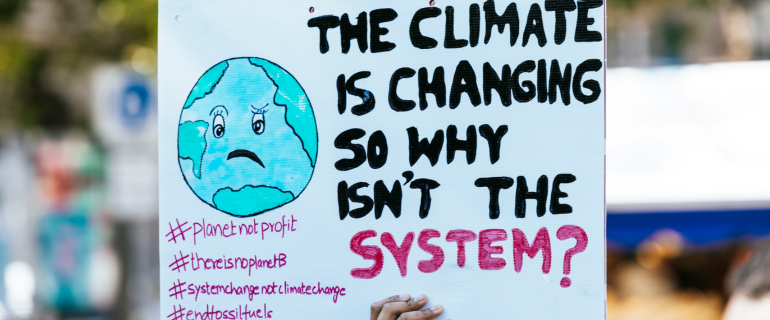As the climate crisis worsens, the nature of the opposition to solve it on the part of the oil and gas sector increases. In a recent interview, André Corrêa do Lago, Brazil’s veteran diplomat and president of this year’s UN climate summit (COP30), has warned us that the world is no longer grappling with only climate denial in the traditional sense. But now, we also face a new kind of resistance he calls “economic denial” - the refusal to believe that we must reorient our economies and policies toward clean energy. This is the subject of a recent article for the Guardian (Harvey, 2025).
In the interview, Corrêa do Lago emphasizes that climate action does not mean reducing economic prosperity. These findings align with other studies by the Organisation for Economic Co-operation and Development (OECD), the UN Development Programme (UNDP), and the landmark Stern Review, providing growing evidence which supports that shifting to a low-carbon economy would not only mitigate climate risks, but also boost economic growth. Yet the old polarization of jobs versus the economy is used as another excuse to delay acting now.
With political leaders - like the U.S. President Donald Trump - rolling back climate regulations and dismantling environmental institutions, the challenge now is not only to defend the science, but also the economic rationale for urgent climate action. Corrêa do Lago says that these recent developments illustrate how climate has yet to be meaningfully integrated into mainstream economic discourse because it challenges the foundations of conventional models. Aligned with other recent related media coverage, this article makes it evident that governments and businesses still fail to account for climate impacts in their budgets and strategies.
The stakes at COP30 are high, and as the summit approaches, Corrêa do Lago, along with other environmental leaders, are calling on economists, policymakers, and the public to reject the false narratives surrounding climate action and economic progress. The science is clear, and the solutions are within reach, but only if we are willing to embrace a new economic vision rooted in sustainability, equity, and long-term resilience. If not? “The alternative,” he warns, “is accelerating climate change.”
Written by Sabrina Careri, for Ann Dale.

Photo credit: Markus Spiske from Unsplash